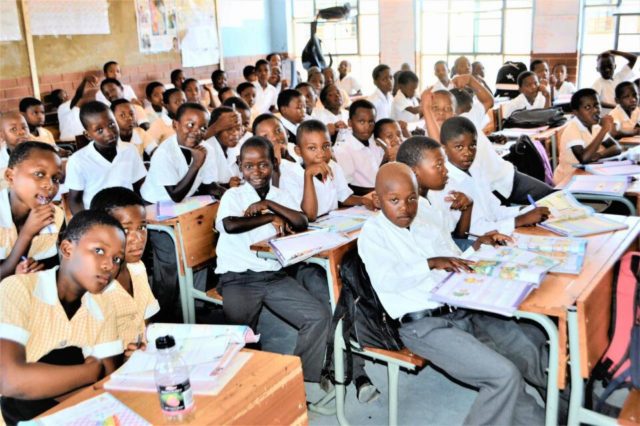“You can employ someone to … make money for you but you cannot have someone to bear the sickness for you. Material things lost can be found.”
JOHANNESBURG – Coronavirus has thrown up all sorts of conundrums across the world. Why is it then that we have endured the current levels of poverty and unemployment that are ravaging lives, paying very scant attention to them?
What has prompted the world to respond the way it did to this new pandemic? Did poverty and unemployment not present the same spectre of death that coronavirus has unleashed to both the rich and the poor? Or have poverty and unemployment cushioned the immediacy of death so much that urgent action got delayed and we got comfortable with it?
A slow social death brought by the coronavirus relates to the education of the poor. The middle class can connect to the internet and secure the best teachers and materials there ever have been, while the poor cannot. This is a feature of increasing disparities that we brought to the attention of then UN secretary-general Ban Ki-moon in 2014 in our report on the data revolution – “The World That Counts”.
Schools are closed and tuition has stopped. The question is, how will student progression be handled? Can it result in the postponement of new enrolments for 2021? This reminds me of when Lesotho cut primary education by a year in 1970. Pupils in Standard V and Standard VI wrote entry exams for high school. That created a nightmare for high school infrastructure, which translated to the university six years later. Halls of residences and lecture rooms overflowed with students.
Today, the world is going to face supply chains on a grand scale. The question is, what are the parameters of the spirit of human solidarity? Are they in the socialisation of burdens and benefits or in the socialisation of burdens and privatisation of benefits? Should the threat be the inevitable socialisation of death that prompts us to action?
Late Apple founder Steve Jobs said on his death bed: “In others’ eyes my life is an epitome of success. However, aside from work, I have little joy. In the end, wealth is only a fact of life that I am accustomed to. At this moment, lying on the sick bed and recalling my whole life, I realise that all the recognition and wealth that I took so much pride in have paled and become meaningless in the face of impending death.
“You can employ someone to … make money for you but you cannot have someone to bear the sickness for you. Material things lost can be found. But there is one thing that can never be found when it is lost – life.”
Jobs’s story suggests that the advent of death as a phenomenon is socialised even though the end of life is an individual occurrence. Yet, in the eye of the coronavirus storm, the richest nation on Earth is withdrawing $400 million from the World Health Organisation because it praised China for the way it dealt with the pandemic, and perhaps failed to praise the US as a major funder.
That death is so individually worrisome suggests that not only is life gregarious, but its burdens and benefits must be socialised if we are to lead a life worth living. A virus has just taught us that lesson.
Dr Pali Lehohla is the former Statistician-General of South Africa and the former head of Statistics SA.
BUSINESS REPORT








